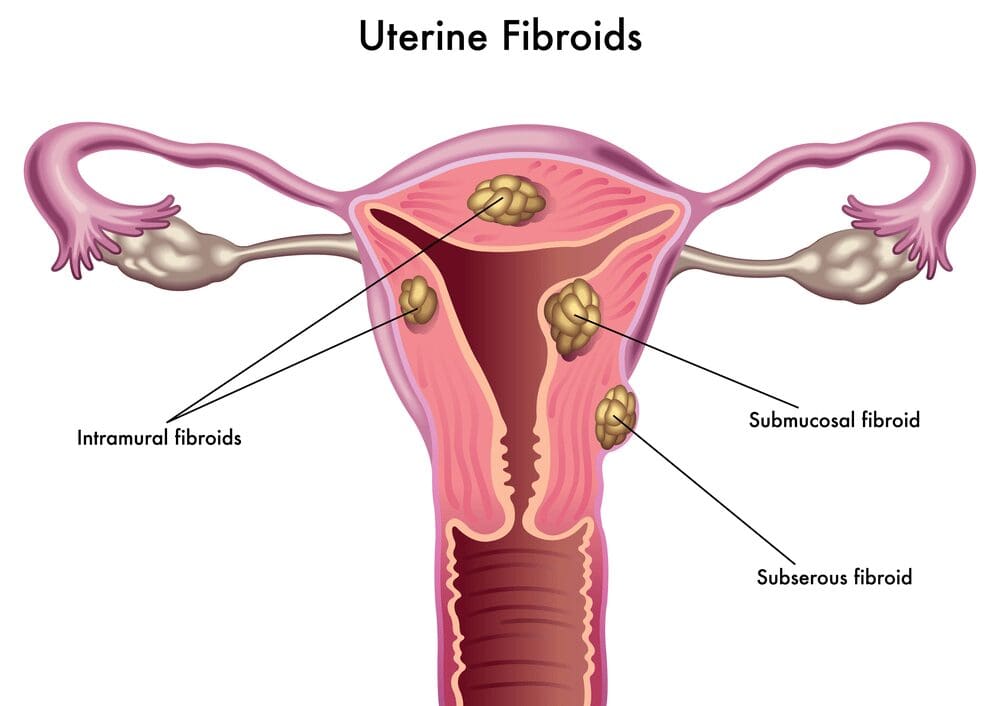If you’ve been diagnosed with fibroids, you’re probably wondering what you can do to get rid of them and their painful symptoms quickly. But first, it’s important to understand what kind of fibroid you’re experiencing. A pedunculated fibroid is a noncancerous type, but what more should you know?
What Is a Pedunculated Fibroid?
As mentioned, a pedunculated fibroid is benign, meaning that it is not cancerous. Similar to other types of fibroids, these can grow both inside and outside of the uterus. The biggest difference that sets this type apart is that the pedunculated fibroid is attached to the wall of the uterus by a thick growth called a peduncle.
What Are Pedunculated Fibroid Symptoms?
Pedunculated fibroids actually do not often present many symptoms, and women may not even experience any sort of pain as a result of these benign tumors. If there is any pain, it is typically compared to cramping that women will feel during their menstrual period. There may also be prolonged menstrual bleeding as well.
In certain cases, the fibroid will rotate on the peduncle, interfering with blood flow to the fibroid. This may cause a sharp, unexpected pain that will last for a short time.
How Are They Diagnosed?
As with any other fibroid, pedunculated fibroids may be diagnosed after a pelvic exam or detected via ultrasound. Typically women will show common symptoms and then book an appointment with Dr. Robert Handley of North Texas Fibroids. After that, patients will be given an ultrasound or exam, typically a transvaginal ultrasound, to help understand what type of fibroid they are being affected by.
How Are They Treated?
The most interesting part about pedunculated fibroids is that they are not often treated! If the fibroid is not causing pain or interrupting a pregnancy, then it’s not likely that it will be noticeable enough for treatment. However, should the fibroid become an issue, there are many treatment options that are available from the specialists at North Texas Fibroids.
For more information about pedunculated fibroids, or any other type, contact Dr. Handley today to set up an appointment.

